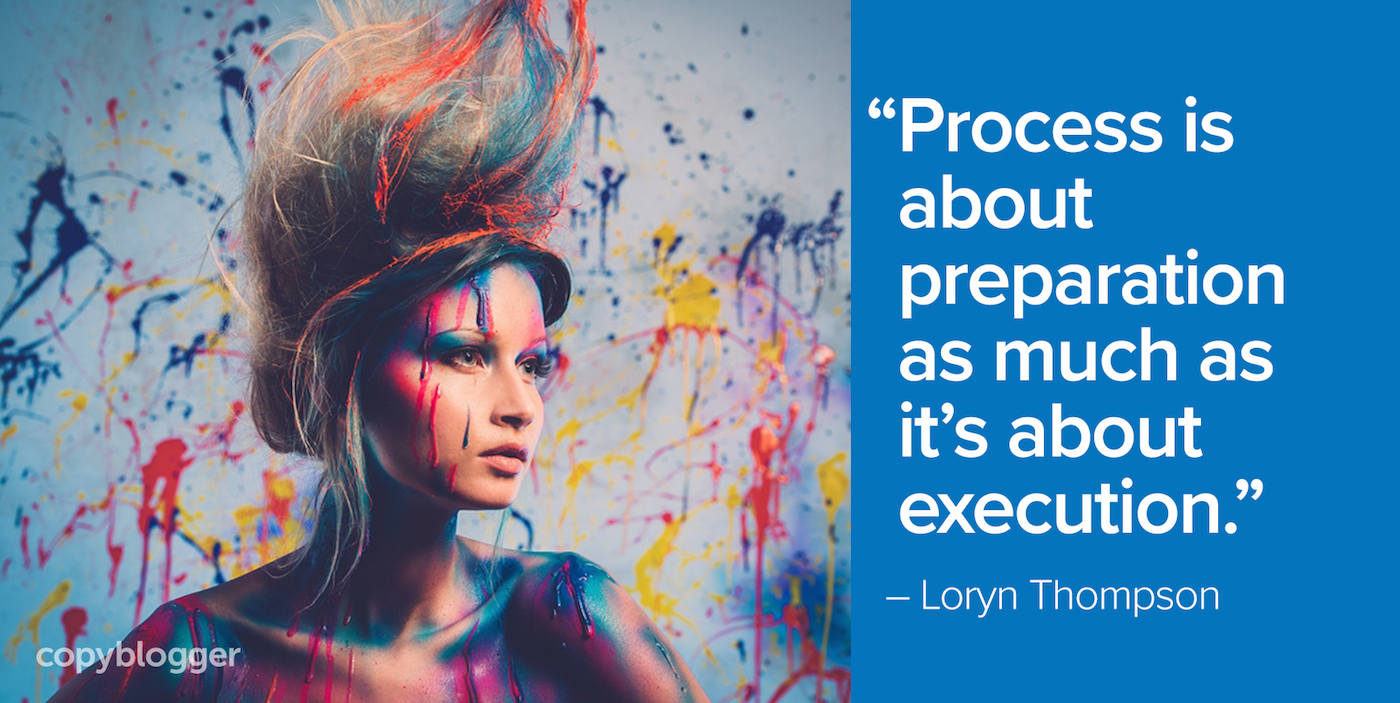Forget your muse.
That’s right, you heard me. You don’t need her bullshit anymore.
Your muse is a flaky friend, who promises to hang out but never calls. Your muse is a boss who promises a raise but never gives you a review.
How many times has she left you alone at your desk, waiting for something — anything — to appear on your screen, like a dumb, lovesick teenager checking their texts every 30 seconds?
Her promise is so sweet, so tempting, you can’t help but believe that maybe, this time, she will come through for you.
But I’m here to tell you a truth you don’t want to hear.
You don’t need her.
You only think you need her because you don’t want to face the alternative: Scheduling time to write every day. Doing your research. Sitting down to write and not stopping until you’ve written 1,000 words.
You only want your muse to show up because she is the easy way out. If you could just have that flash of genius, the perfect words will spill out onto the page in no time. You’ll read over what you’ve written and smile, proud of yourself and your accomplishments.
Because her promise is so appealing, even as you sit down to put in the time, you can’t let go of the hope that your muse will spontaneously appear and rescue you.
Even as you do the research, some part of you still waits for the perfect insight to strike and put an end to the drudgery.
Well, stop it.
Accept now and forever that your muse is not coming to save you. And that’s okay. Because when your muse won’t save you, the process will.
To become a better writer, study other authors you admire, copy their passages by hand, and diagram their sentences.
Keep a vocabulary list, with definitions and examples of usage. Build a regular writing habit, documenting your observations so you can stay “in shape.”
Process is about preparation as much as it’s about execution.
And then, when it’s time to write, do your research to understand your topic and audience … and then write. And don’t give up until it’s done.
Yes, it will be hard. And yes, it will take time. But you can do this.
When you’re expecting an important visitor, each minute is an eternity. But when you hand yourself over to the process, soon you will look back and wonder where the time went.
Soon you will look back and see growth — meaningful change — that happened slowly but feels so fast now that you’re on the other side.
Accept now that sometimes the process will suck.
Sometimes, it will feel like you are trying to harvest an entire forest by yourself, cutting down each tree by hand, stripping the bark, piling each heavy log onto the truck. Wrangling something massive and wild into a comprehensible, constructive form.
But eventually, log by log, you will get through the forest.
One day, you will find yourself in an open clearing — responsibly planted with tiny new saplings, of course. And you will get to watch with pride as your hard work gets shipped off into the world.
This time, you will know without a doubt: your muse had nothing to do with it.
You can do hard things, all on your own.

Reader Comments (2)
I love this! I hate feeling like I have to wait for inspiration to strike. Because it does, often at the most inopportune moments. But it ALSO strikes when I’m in the middle of doing creative work. I might be researching a blog post and I get an idea for a plot problem in the novel I’m writing. Or I’m working on the novel and I get inspiration for my PhD chapter. You’re more likely to be inspired when you’re doing creative work…so instead of waiting for one before you do the other, do the other and the inspiration comes along anyway!
Inspiration does come in many ways. For some people it may be the intention to write at first, a topic or thought of some kind, and then the execution. I know for myself once I begin to write it continues to flow through me. And yes I can do it all on my own without an excuse from my muse. I can do anything I want to once I put my mind to it, whether it constitutes hard work or something that is completely easy.
This article's comments are closed.